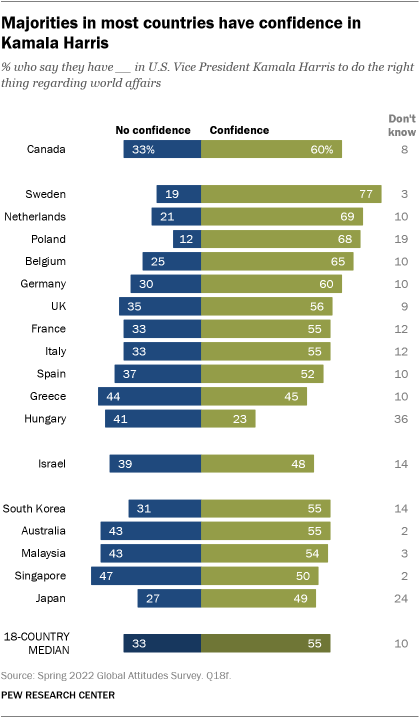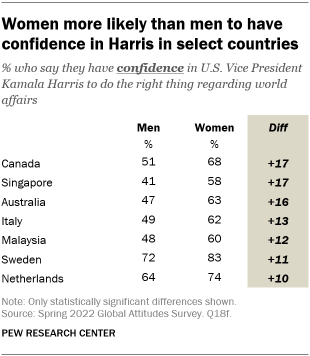Most people of color have experienced discrimination in the United States. Sad, but it's a hard fact of life for Asian Americans and other POC.
And no matter how forgiving one is, experiencing bias is bound toshape a person's outlook and how one lives life day-to-day.
Today, 57% of Asian adults living in the US see discrimination against Asian Amricans as a major problem, according to a new Pew Research Center analysis. A majority of those surveyed (63%) report that too little attention is paid to the racial issues concerning Asian Americans.
“I feel like Asians are kind of known as the model minority," said a Chinese American who took part in the study. "That kind of puts us in an interesting position where I feel like we’re supposed to excel and succeed in the media, or we’re seen in the media as exceeding in all these things as smart. All of us are not by any means. Yeah, I feel like we’re in this weird middle ground.”
Overall, 58% of Asian adults say they have ever experienced racial discrimination or been treated unfairly because of their race or ethnicity. This includes 53% who say they experience racial discrimination from time to time and 5% who say they experience it regularly.
FYI: Read the entire report here.
In addition to this general question, the survey also asked about specific discrimination incidents:
• 78% of Asians living in the US have been treated as a foreigner in some way, even if they were born in the United States. This includes Asian adults who say that in day-to- day encounters, strangers in the US have told them to go back to their “home country”; assumed they can’t speak English; criticized them for speaking a language other than English; or mispronounced their name.
• 63% of Asian Americans have experienced incidents where people assume they are a “model minority,” which includes those who say strangers have assumed that they are good at math and science or not a creative thinker. The model minority stereotype generalizes Asians in the US as intelligent, well-off and only able to excel in technical fields. At the same time, more than half of Asian adults (55%) say they have not heard of the term “model minority.”
• 37% of Asian adults say strangers have called them offensive names in day-to-day encounters. US born-Asian adults are nearly twice as likely as Asian immigrants to say this has happened to them (57% vs. 30%).
• 20% of Asian adults say they have been held back at a security checkpoint for a secondary screening because of their race or ethnicity. Across regional origin groups. One respondent said:
"After 9/11, things changed a lot. I feel like things changed for a lot of us and I remember my parents putting out American flags everywhere – outside the house, on the mailbox, like wherever they could stick them. And even now, I do get … constantly pulled over when you’re in line at the airport, by TSA and at this point I just know I’m going to get pulled over. … I make my way leisurely to that section because I know that they’re going to profile me.”
South Asian adults are the most likely to have this experience, with 35% saying so. This is about twice the share reported by Southeast (15%) and East (14%) Asian adults.
Notably, the survey found that 38% of Asian adults who were born in the U.S. or immigrate here before they were 18 years old say that when they were growing up, their family never talked about the challenges they might face because of their race or ethnicity.
The multilingual, nationally representative survey conducted from July 5, 2022, to Jan. 27, 2023, among 7,006 Asian adults, asked about personal experiences with 17 different discrimination incidents. Asian Americans’ day-to-day encounters with discrimination were not just single events, but often came in several overlapping forms.
EDITOR'S NOTE: For additional commentary, news and views from an AANHPI perspective, follow me at Threads.net/eduardodiok, @DioknoEd on Twitter or at the blog Views From the Edge.













